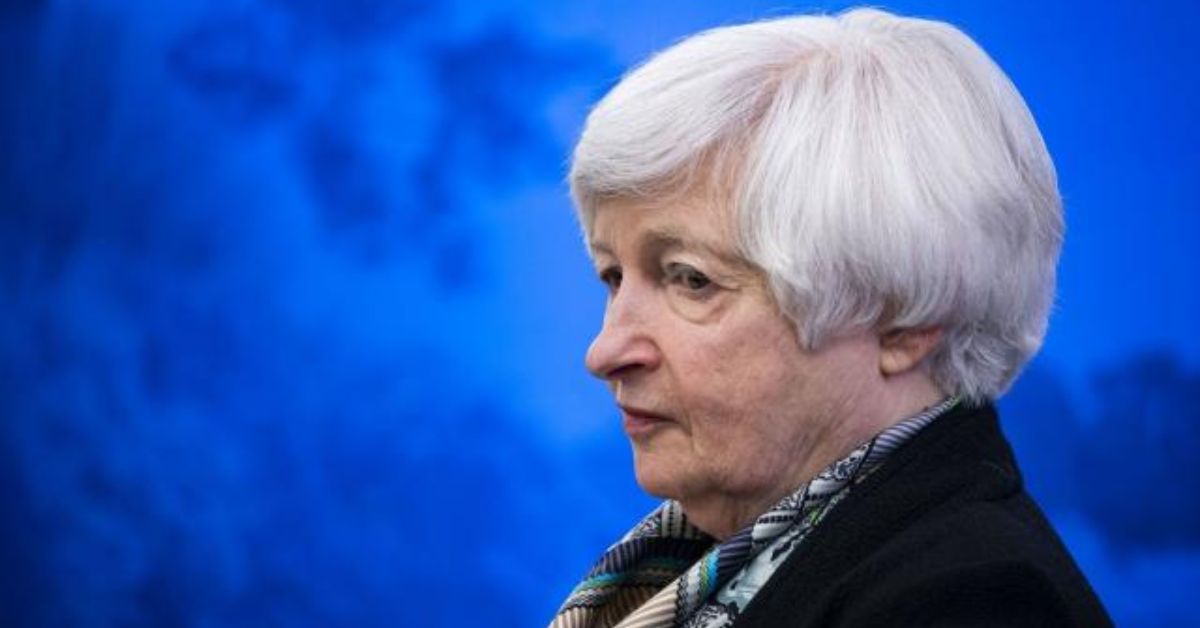On January 19, Treasury Secretary Janet Yellen announced that the agency would begin implementing extraordinary accounting measures to prevent the United States from exceeding its debt limit. Yellen urged lawmakers to raise the ceiling in order to prevent a catastrophic payments default.
Yellen wrote to congressional leaders of both parties on Friday, “the duration of time that exceptional measures may last is subject to significant uncertainty.” It’s “unlikely that cash and special measures would be spent before early June,” she said.
This letter marks the beginning of what promises to be a protracted and heated political debate over US fiscal policy, a showdown that has the potential to stress financial markets and increase risks for an economy already threatened by the prospect of recession.
If the debt ceiling is not increased, the Treasury is projected to run out of funds sometime in August, say economists. To increase the debt ceiling, Republican leaders in the House of Representatives say they must first secure budget cutbacks.

Senate Democrats and President Biden are opposed to any “hostage-taking” tactics and instead favour a simple increase, like the one Congress gave outgoing Republican President Trump.
Just about $31.4 trillion is the current debt ceiling, or the maximum amount of debt that the Treasury can issue to the public and other government entities. In December of 2021, Congress established it at $2.5 trillion.
The government is currently around $78 billion short of the cap. Yellen pleaded with Congress to resolve their differences and keep the US economy and financial markets from collapsing. She emphasized the urgency of Congress‘s action to raise or suspend the debt ceiling.
To paraphrase, “the US economy, the livelihoods of all Americans, and global financial stability would be irreparably damaged” if the government failed to meet its promises.
The United States would fail on its financial obligations if the Treasury were to become unable to issue new debt and subsequently run out of cash. According to financial experts, the Treasury will not be at risk of default until the second half of 2023, when the extraordinary methods it utilises to stay under the cap would have run out.
Brian Deese, director of the White House National Economic Council, stated on Friday that “this is about the United States government upholding the responsibilities that earlier Congresses have already made” in an interview with Bloomberg Television.
Congress must address the debt ceiling “without restrictions, without games, and without putting our economy at peril,” as the president put it. “It’s a sacred commitment — the full faith and credit of the United States.”
Yellen expressed concern that federal contractors and employees would go unpaid and that Social Security checks would halt if the debt limit was not raised in 2021. Investors would lose out on interest and principal on maturing bills, notes, and bonds if payment wasn’t prioritised to those holding Treasury assets.
Economists and bond strategists are warning of volatility similar to that of 2011, when the sovereign US rating was downgraded from AAA by S&P Global Ratings due to the debt ceiling dispute.
The global stock market fell, along with consumer confidence in the United States, threatening to reverse the progress made since the financial crisis.
Yellen wrote that the Treasury will begin its exceptional measures by redeeming existing investments of the Civil Service Retirement and Disability Fund and the Postal Service Retiree Health Benefits Fund and stopping the addition of new investments to these two funds.
Department of Treasury will likewise stop contributing to the Thrift Savings Plan for Federal Employees’ Retirement System’s Government Securities Investment Fund. Yellen has promised that once the standoff on Capitol Hill is resolved, those monies will be restored in full.
Given how important it is to meet US obligations, Lawrence Summers, one of Yellen’s predecessors as Treasury chief, called arguments over the debt ceiling the “dumbest” in Washington.
Summers, a professor at Harvard and a paid commentator to Bloomberg Television, stated, “A default would be a catastrophe – it would imply increased borrowing costs forever,” on Friday.
Stay connected with us for more information on our site Leedaily.com